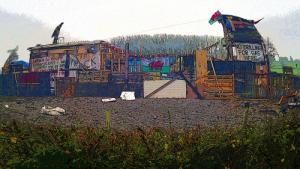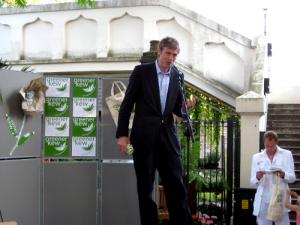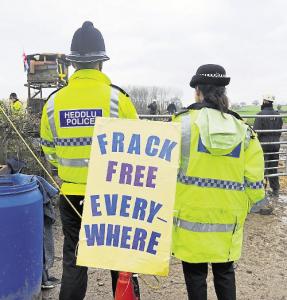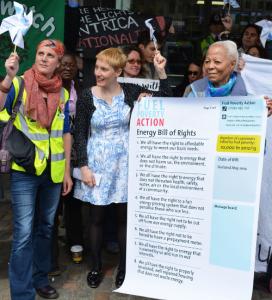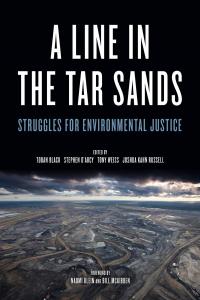Borras and Holt community protection camp. Photo: Kelvin Mason
The newly-elected Conservative government is set to follow through on David Cameron’s infamous 2014 pledge to go ‘all out for fracking’. They will also cancel subsidies for new onshore wind turbines. Allowing free-market dogma to dictate ecocide rather than plan a sustainable energy future, this government is contemptuous of the greatest moral challenge of our age, climate change.
So dire is the impact of human…


